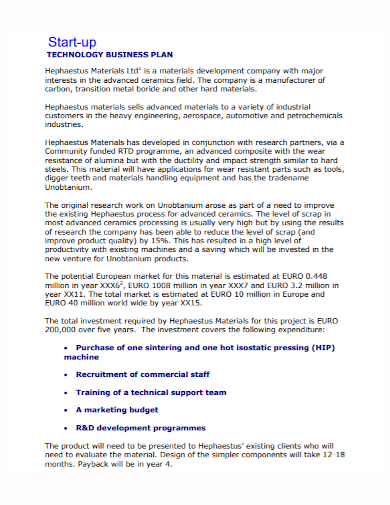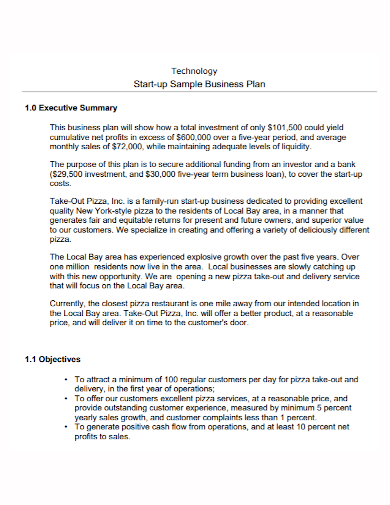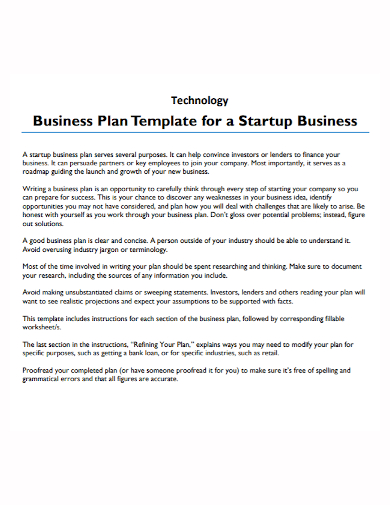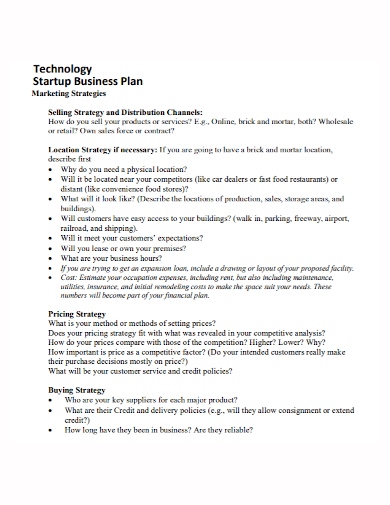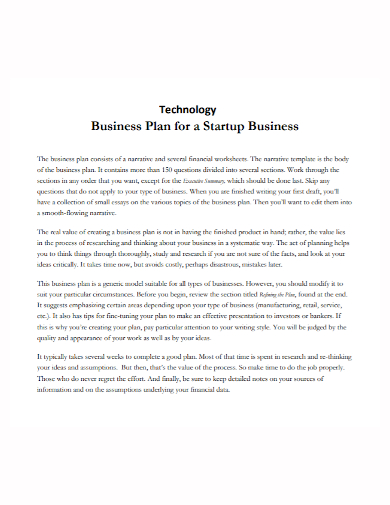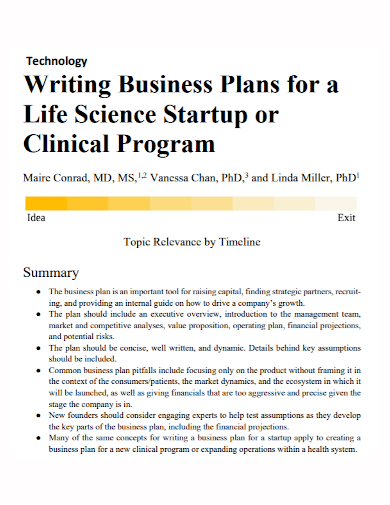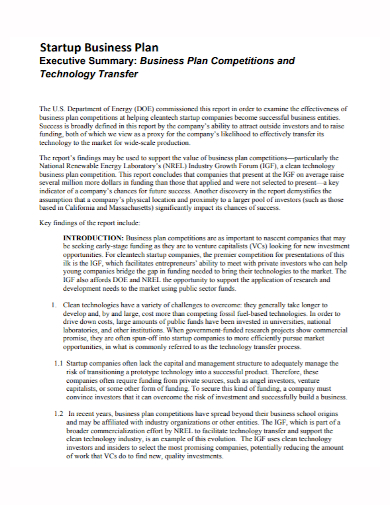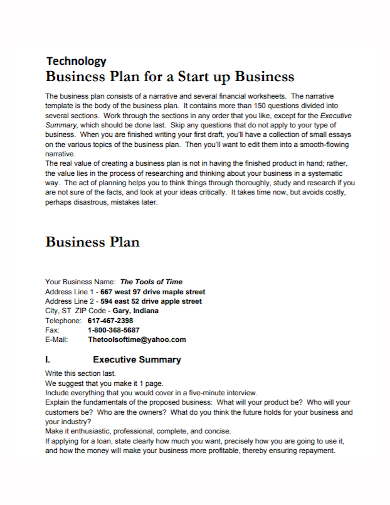Organizational difficulties have always existed in the business world, particularly when attempting to turn a profit. Maintaining complete control over every aspect of one’s business on one’s own and ensuring that everything is taken into consideration is every business owner’s worst nightmare. As a result, the ability to create a comprehensive business plan can be life-changing for entrepreneurs and business owners alike. This is true regardless of the size, scale, or nature of the business. Furthermore, a layout keeps everyone involved in the business, especially branch managers and operations supervisors, up to date on everything the company may encounter while doing business. Good business practice dictates that you plan the scope of your venture ahead of time, as this will save your management time and resources on ventures that may fail soon after they are launched.
A business plan is one of the most important documents that a company needs to be successful and make money. It’s basically a set of rules or steps that they can follow in order to reach any goal they have set for them. A business venture that doesn’t have a business plan is seen as a bad idea because it implies that you don’t have a plan in place for when things go wrong. The truth is that you’re setting yourself up for failure. This is especially true if you are trying to start a business in an area where there is a lot of competition and things that could stop you from succeeding.
A well-written and well-thought-out business plan can have many other benefits for your company, as well as make sure that your venture can last for a long time. Check out the business plan samples below to get ready for the writing process, then start writing. This will help you learn more about how the document looks and how it works. To help you write your own business plan, you can use these examples as guides or even as a starting point.
10+ Technology Startup Business Plan Samples
1. Technology Startup Business Plan Template
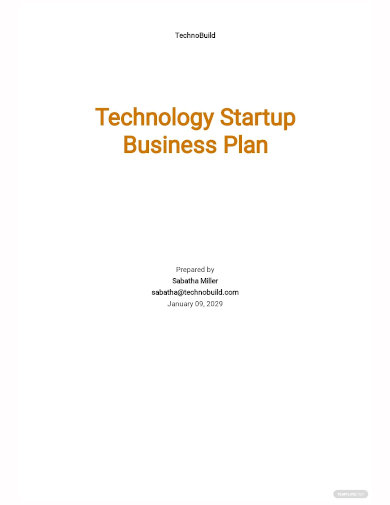
2. Technology Startup Business Plan
3. Sample Technology Startup Business Plan
4. Educational Technology Startup Business Plan
5. Standard Technology Startup Business Plan
6. Technology Startup Marketing Business Plan
7. Business Plan for Startup Technology
8. Health Technology Startup Business Plan
9. Technology Startup Business Program Plan
10. Technology Transfer Startup Business Plan
11. Technology Startup Business Plan Summary
What Is a Technology Startup Business Plan?
So, what is a business plan? If you write down what your company wants to do and the steps you’re willing to take to get there, you’ll have a business plan. A business plan can be a guide for the whole management team to follow, with rules set by different departments like marketing, finance, and operations. People who write business plans can use them to get money and partners even before the company is fully up and running. It’s a great way to get more money and resources when your business is still growing. The document can be very useful for new businesses and companies, but it is usually recommended that every business, even if it is not a start-up, be able to write their own business plan. The reason is that it will give management a document they can check on a regular basis to see if they are meeting their goals, as well as to see how the circumstances in which they are working have changed over time. A well-written business plan is one that can show how much the project will cost and how it will work out, as well as show the risks that management must think about before making a decision. However, even though the business plan is used a lot in the business and corporate worlds, it isn’t very common to find business plans that are exactly the same. Due to the fact that each company has a unique way of dealing with and resolving internal and outside problems.
Elements of a Technology Startup Business Plan
The length of a business plan is very much determined by the nature and scope of the business it is about. There is a good chance that all of the information will fit on 15 to 20 pages. Though two business plans are no longer the same, most of them still use almost all of the same things. In the next section, we’ll list and talk about these parts in more detail.
- Executive summary
If you write a business plan, you should start with a short paragraph that explains what the company is and what its mission-vision values are, who the company leaders are, how the business is run, and where it will be set up. If you’re writing a “executive summary,” you should just say who the company is and what it stands for. This is also known as the “headline.” - Products and services
Finally, the document should show off the products and services of the company. Including the price of the product, how long it lasts, how long it lasts for service, how long it lasts for service, and other things like manufacturing and production processes, as well as patents and proprietary technology. - Analysis of the market
A company should be able to figure out who their customers are and what kind of people they are. It’s important for you to know what your customers want and how your business can help meet them. Proper market analysis will also help you learn about your competition, both in your area and around the world, and how to stay on top of the market. - Marketing strategy
After you’ve done a good job of studying the market, it’s time to figure out which strategies you’ll use to get and keep customers. In this way, show how your company will do this, including marketing and advertising campaigns, as well as the ways these campaigns will be spread. - Budgeting
The last parts of the business plan should be about the company’s finances and budget. Investors will also be interested in a well-thought-out financial plan, especially those who want to invest in businesses that can make a good profit. Financial statements, balance sheets, and other documents about your money are called “financial documents.”
FAQs
What are the four types of business plans?
Business plans can be divided roughly into 4 distinct types;
- Very short plans
- Presentation plans
- Working plans
- What-if plans
Who needs the business plan?
Business plans are one of many things that can help you get a loan. Most financial institutions require it, and even the ones that don’t require it usually expect it to be there. Even the ones that don’t require it usually expect it to be there.
What are the five elements of a business plan?
- Situation analysis
- Market definition
- Product and services position
- Objective setting
- Strategies
Writing a business plan isn’t the only thing to remember. It’s important to think of it as a “living document.” That means the document should be able to change and adapt over time. The writing process doesn’t end when all of the parts are on paper. It goes on. It doesn’t stop writing as long as the business plan and business are still running.
Related Posts
FREE 9+ 30-Day Marketing Plan Samples in PDF | MS Word | Apple Pages | Google Docs
FREE 3+ Sales Team Action Plan Samples in PDF | MS Word | Apple Pages | Google Docs
Marketing Plan For Small Business Samples
FREE 7+ Fashion Business Plan Samples in PDF
FREE 10+ Sprint Planning Samples In MS Word | Google Docs | PDF
FREE 10+ Wedding Planning Samples in MS Word | Apple Pages | Powerpoint | PDF
FREE 9+ Monthly Study Planner Samples in PSD | Illustrator | InDesign | PDF
FREE 9+ Sample Curriculum Planning Templates in PDF | MS Word
FREE 10+ Teacher Development Plan Samples in MS Word | Google Docs | Apple Pages | PDF
FREE 10+ Basketball Practice Plan Samples in PDF
FREE 12+ School Business Plan Samples in PDF | MS Word | Apple Pages | Google Docs
FREE 7+ Client Strategic Plan Samples in PDF | MS Word
FREE 11+ Trucking Business Plan Templates in PDF | MS Word | Google Docs | Pages
FREE 7+ Small Hotel Business Plan Samples PDF | MS Word | Apple Pages | Google Docs
FREE 14+ Bakery Business Plans in MS Word | PDF | Google Docs | Pages

